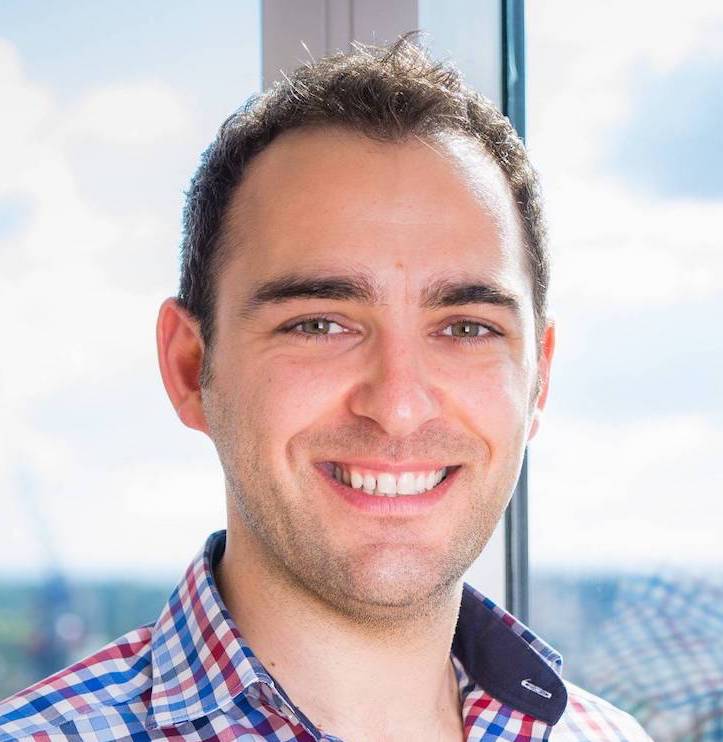Some time ago, I had a housemate who had very strange OCD behaviours. Without going into too much detail (as entertaining as it would have been), in summary he was very protective of his stuff – to the point that if someone of a particular background (or anything they’ve touched) came to contact with any of his stuff, he’d throw it away regardless of how expensive it was.
Think I’m kidding?
I saw him throwing away a designer jacket, expensive furniture, even turning his room inside out to start with a blank canvas, and his misadventures were a source of many crazy and hilarious stories. I did try to coach him through it (to no avail), and one day I asked him a question: “What would be some of the negative consequences of you stopping this OCD?” To my surprise, his answer was pretty profound.
He said “Well, I could, but who would I be then? Now I’m that fun guy with OCD and lots of crazy stories.” And I could see his point. If he did stop, he’d go through an identity crisis.
As with anyone, you probably have your own sense of fashion style, your own way of speaking (and maybe even swearing), or even your own way of having a scone (I myself prefer cream first, jam on top). You have your way of doing things. Now depending on how you look at it, maybe you’re stubborn and you stick to what you say, or you’re quick to quit new things. Regardless, it’s your way of doing things, and people in your life know you for it. It’s who you are. It’s your identity.
Identity is our concept of self. Sometimes when people lose a job that they were in for decades, they go through an identity crisis because they’ve lost what they used to define them. Not knowing who we are or having an internal conflict about it is a scary thought, let alone a way to be.
Habits and Identity
You may not think twice about making an extra effort and taking extra time to get ready for work every day, because you take pride in how you dress, it makes you feel good, and everyone knows you’re the person with a great sense of style.
But when you start a new habit, perhaps a new morning routine or a regular exercise regimen, do you feel like it’s in conflict with who you are? Does if feel like trying to wear a shirt in a colour that just isn’t you? It might just boil down to what you perceive your identity to be. For example, trying to go to the gym every day when you think “I’m not a gym person” is very hard.
My point is this: Identity plays an important role in forming new habits.
So what can you do about this?
1. Check with yourself:
“What do I believe about myself in this area? How do I describe myself to others? Is it aligned with or opposite to my new goals?” If they’re aligned, it should be easy. If contradicting, go to step 2
2. Make the new goal part of who you are
Start thinking and talking to yourself in a way that supports the goal.
Like “I love getting up in the morning. I’m that kind of person who loves to get up early,” or “I’m a health foodie, I’m now passionate about healthy meals and food prepping for the week.” It may sound cliche, but regardless of what new habit you’re looking to develop, there is power in thinking “Yes, I am this kind of person now.”
3. Immerse yourself in it
Don’t just dip your toe in it. Immerse yourself in your new habits. Read about it, watch movies or documentaries about it, listen to podcasts, etc. Just get lost in it. It will definitely help. The more it’s a part of you, the more you’ll be a part of it.
4. Use social accountability
We naturally like to be congruent with what others believe about us. Sometimes this is for our own good, sometimes not so much. Psychologists call it social conformity, and you should use it to your advantage. Gently mention to some people you interact with that you love to [insert new habit here] and you make sure you get it done every time. It’s not just for the social accountability; it’s also speaking of yourself and about who you are in a way that reinforces that behaviour and helps you embrace that new identity.
5. Back it up with action
All the above will help, but you cannot become someone by just thinking yourself to becoming it. You gotta put in the work and do it too. That’s the whole point after all. Every time you align your actions with the “new” identity, the new you, it’s even more set in stone.
So don’t just grind at the new habit hoping it will stick when at the same time you believe it’s not who you are. Pay attention to how you think of yourself and work on aligning your identity with the new habit. And remember: sticking to a habit is just as much psychological as it is execution.
If you need support, look into getting a life coach to help you.


